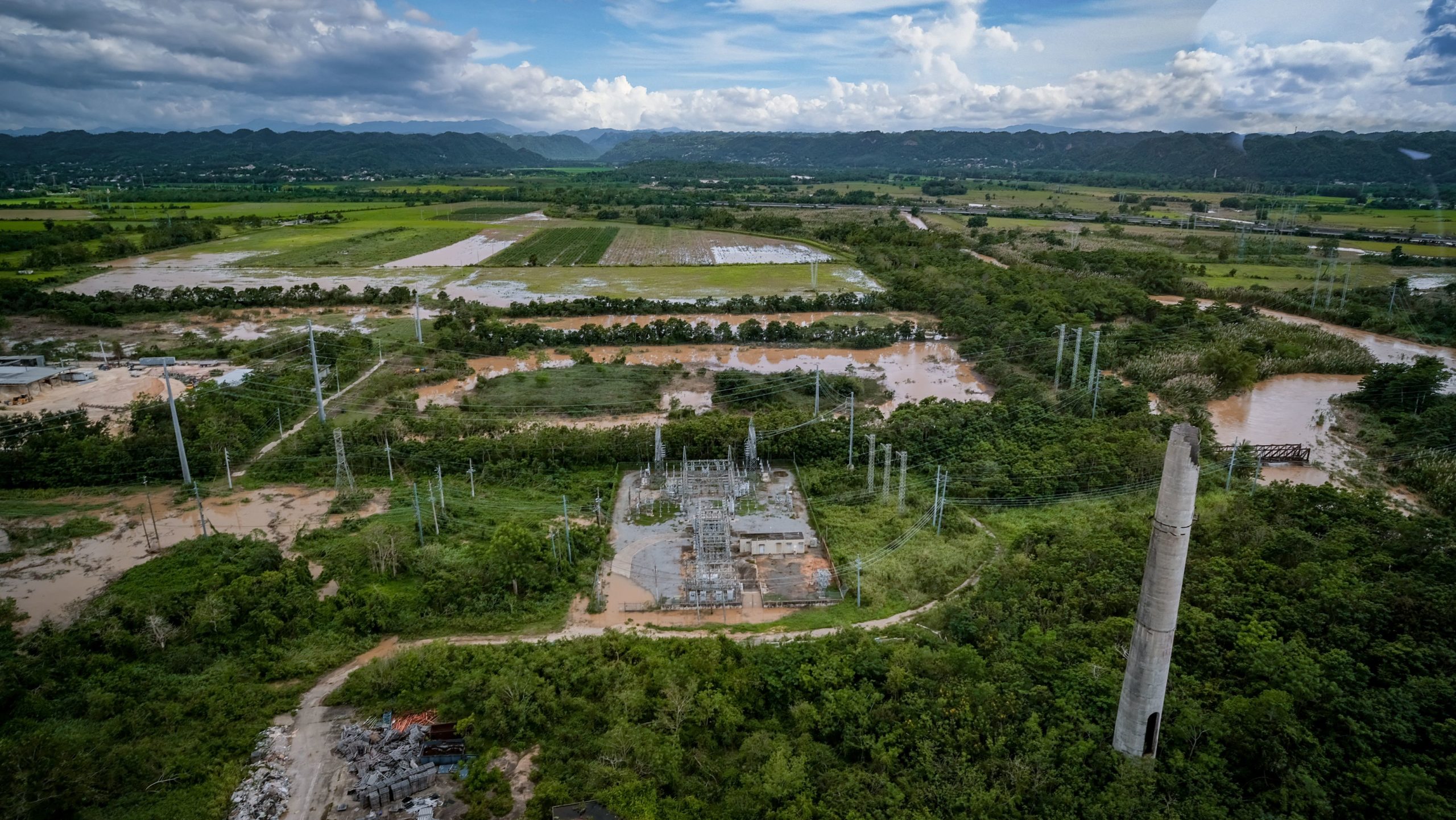Environmental activists and other critics are expressing frustration with a Biden administration plan to spend up to $5 billion to shore up Puerto Rico’s struggling electric grid with fossil fuels, E&E News reported Tuesday.
The U.S. Army Corps of Engineers’ (USACE) proposal calls for contractors to establish both emergency power sources and to repair and re-establish baseload power generation using fossil fuels like natural gas and diesel, to offset the damage to the territory’s grid done by Hurricane Fiona last year. Environmentalists criticized the decision, which they said will threaten Puerto Rico’s goal of generating 40% of its power from renewables by 2025, E&E News reported. (RELATED: Environmentalists Are Pushing Biden Officials To Weaponize Marketing Rules Against Natural Gas: REPORT)
“There’s really no justification for this additional fossil fuel generation,” Ruth Santiago, a Puerto Rico-based activist and environmental lawyer who serves on the White House Environmental Justice Advisory Council, told the outlet. “We have so much of it already. This is a scam.”
Similarly, attorney Raghhu Murthy of Earthjustice questioned the necessity of the investment, E&E News reported. He criticized the decision to introduce “inefficient, high-emitting fossil fuel units right in overburdened communities.”

This aerial picture taken on September 20, 2022, shows a flooded area in Arecibo, Puerto Rico, after the power went out with the passage of Hurricane Fiona. – Hurricane Fiona smashed into Puerto Rico, knocking out the US island territory’s power while dumping torrential rain and wreaking catastrophic damage before making landfall in the Dominican Republic on September 19. (Photo by AFP via Getty Images)
The island territory’s power grid has faced repeated blackouts in recent years, in part due to hurricanes and allegedly due to mismanagement by private consortium LUMA, which manages the territory’s power grid, according to The Hill. Puerto Ricans have repeatedly taken to the streets to protest frequent blackouts — some of which have no apparent cause and can last days at a time — despite the company’s promise that grid conditions would improve after it took over in June 2021.
Experts say the Biden administration’s plan to use oil and gas makes sense.
Craig Fugate, a former Federal Emergency Management Agency (FEMA) director under the Obama administration. suggested that the Corps was likely favoring fossil fuel deployment because it was a well-understood solution to the problem, according to E&E News. He said that, while it is in general “getting harder and harder” to support the usage of fossil fuels, “in some cases, it may make sense.”
“We’ve seen with renewables and battery storage that that can be an option, but the other thing is, you need something that is accessible and workable today,” Fugate told the outlet. Rapidly deploying fossil fuel-based power generation would allow USACE to develop a “microgrid” that could keep power flowing to schools, hospitals and other critical sites, he said.
Cheri Pritchard, media operations chief for the USACE region which includes Puerto Rico, told E&E News that natural gas or diesel-powered generators were often best for “emergency power generation” because their size made them portable and easy to deploy, while their fossil fuel-base allowed them to generate high power for their size.
“These types of units can typically run on either liquified natural gas or diesel, and the multi-fuel capability improves resiliency in meeting emergency power generation requirements,” Pritchard told the outlet. “During an emergency response, temporary power generation could help limit or eliminate power outages on the island.”
USACE did not immediately respond to a Daily Caller News Foundation request for comment.
All content created by the Daily Caller News Foundation, an independent and nonpartisan newswire service, is available without charge to any legitimate news publisher that can provide a large audience. All republished articles must include our logo, our reporter’s byline and their DCNF affiliation. For any questions about our guidelines or partnering with us, please contact licensing@dailycallernewsfoundation.org.


